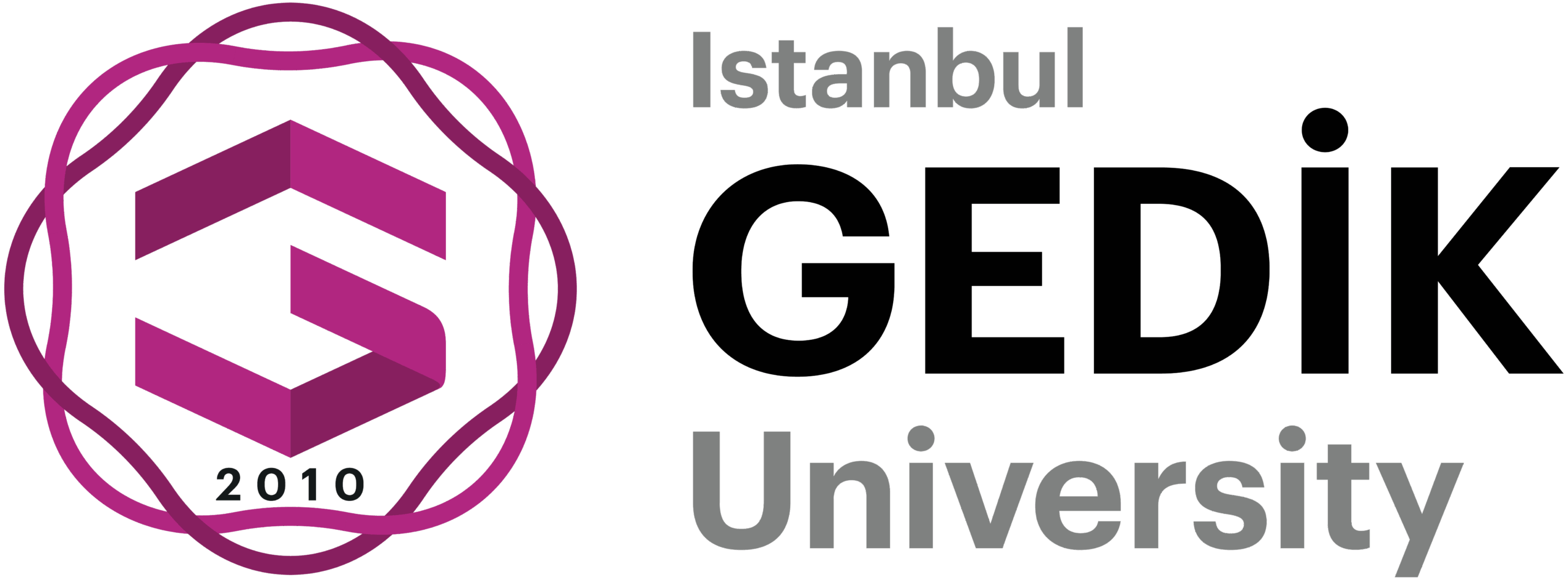- Basic accounting knowledge and application skills.
- Capable of analytical thinking.
- Gains proficiency to monitor and evaluate current developments and practices related to her profession.
- Can use information and communication technology tools and package programs related to the field.
- Have competence in how to collect financial information, how to record and report it, how to analyze and interpret financial statements.
- They can work as accounting personnel in the accounting unit and also have occupational safety, worker health, environmental protection knowledge and quality awareness.
- He/she evaluates the developments in his/her field with a critical approach within the framework of academic study discipline and ethical values ??and transfers them effectively to the institution he/she is in and maintains his/her personal and professional development.
- Has sufficient knowledge of accounting auditing and accounting standards.
- Has knowledge about taxation practices to the extent that jobs require.
- It explains the procedures and principles regarding commercial information, documents, books and notifications and their applications in electronic environment.
- Relates accounting and tax information to disciplines such as economics, business, and law.
- Follows the information in her field and communicates with her/his colleagues by using a foreign language.
- Communicates effectively in writing, verbally, non-verbally and visually, demonstrates presentation skills, and works effectively in a team and independently.

- ABOUT US
- Corporate
- Management
- Administrative Departments
- General Secretariat
- Legal Consultancy
- Information Technology Department
- Administrative Affairs Department
- Corporate Communications and Public Relations Department
- Library and Doc. Department
- Financial Affairs Department
- Student Affairs Department
- Directorate of Personnel Department
- Health, Culture and Sports Department
- Department Of Strategy Development
- Construction and Technical Department
- Publishing Coordinatorship
- Directorate of Editorial Affairs
- Units Affiliated to the Rectorate
- ACADEMIC
- RESEARCH
- STUDENTS
- CONTACT
Program Learning Outcomes
Published Date: 24 November 2024Update Date: 25 November 2024